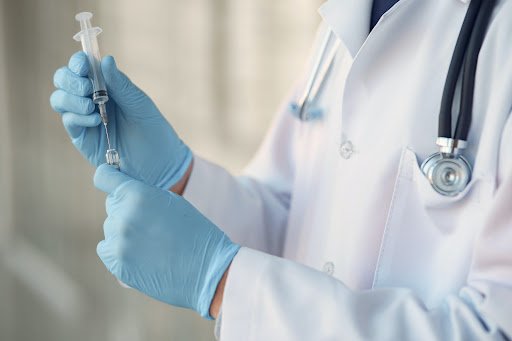Kidney stones are, in reality, large deposits of acid salts and minerals that stick to one another in concentrated urine. They are complex and painful while being passed through the urinary tract. However, they generally do not cause permanent damage to a person. The most common symptom that people experience when they have kidney stones is pain at one side of the abdomen. The pain is also accompanied by nausea.
Dr. Cletus Georges is from Orlando, Florida, specializing in urology. He graduated from Andrews University with a Bachelor’s Degree in Zoology and a biomedical option in 1997. He is currently working at Health Orlando Urology and, in the past, served as a contract urologist at William Jennings Bryan at Dorn VA Medical Center in Columbia SC and Florida Urology Associates Florida Hospital Medical Group.
When it comes to treating kidney stones, one needs to take pain relievers and drink sufficient water to help pass the stones. Sometimes, medical procedures are necessary for breaking or removing large stones.
According to him, patients often have no idea that they have kidney stones in their bodies until it is too late. This is why he undertakes the onus to discuss and share knowledge about kidney stones so that people are aware of them and know how to treat them in time.
Causes of kidney stones
As mentioned above, kidney stones are solid masses that are formed by substances present in the urine. When you consume liquids and food, the waste products must be excreted from the body. This process is done the same way the digestive system passes waste products from the liquids and food that people consume. The waste products from the bladder need to be passed via the urine.
Most people are not even aware of kidney stones in the body as they are built up silently. When people pass urine, they release waste products that are made of uric acid, oxalate, calcium, and phosphate. When diluted with liquid, they can flow away from the body with ease. However, when dehydrated, there is a silent build-up of these stones in the body.
The accumulation of kidney stones is a gradual process, and it can even take many years for people even to notice them. To prevent the formation of these kidney stones, you need to increase fluid intake.
Genetics and family history
However, Dr. Cletus Georges cautions that some people might be predisposed to have kidney stones more than others because genetics play a vital role in one’s susceptibility to forming them in the body. If the family history shows tendencies of having kidney stones, one might be affected rather early in life.
If one suspects the presence of kidney stones, they should consult a good urologist at the earliest. Other causes of kidney stones could be obesity, exercising too much or too little, a surgery that involves weight loss, or eating food with too much sugar or salt. Infections can also be the cause of kidney stones in some people.
Related posts
Subscribe Now
* You will receive the latest news and updates on your favorite celebrities!
Meet the Author

Gillion is a multi-concept WordPress theme that lets you create blog, magazine, news, review websites. With clean and functional design and lots of useful features theme will deliver amazing user experience to your clients and readers.
Learn moreHOT TOPICS
Categories
- Animals (6)
- Business (576)
- Cooking (3)
- Design (17)
- Education (59)
- Entertainment (62)
- FASHION (89)
- Fashion (38)
- Featured (19)
- FOOD (42)
- Guide (55)
- Health (290)
- HOME (181)
- Interior (14)
- Life (8)
- Lifestyle (111)
- Motivation (6)
- News (47)
- People (4)
- Photography (5)
- Review (4)
- Style (4)
- TECH (176)
- Travel (107)
- Uncategorized (1,171)



Stay connected